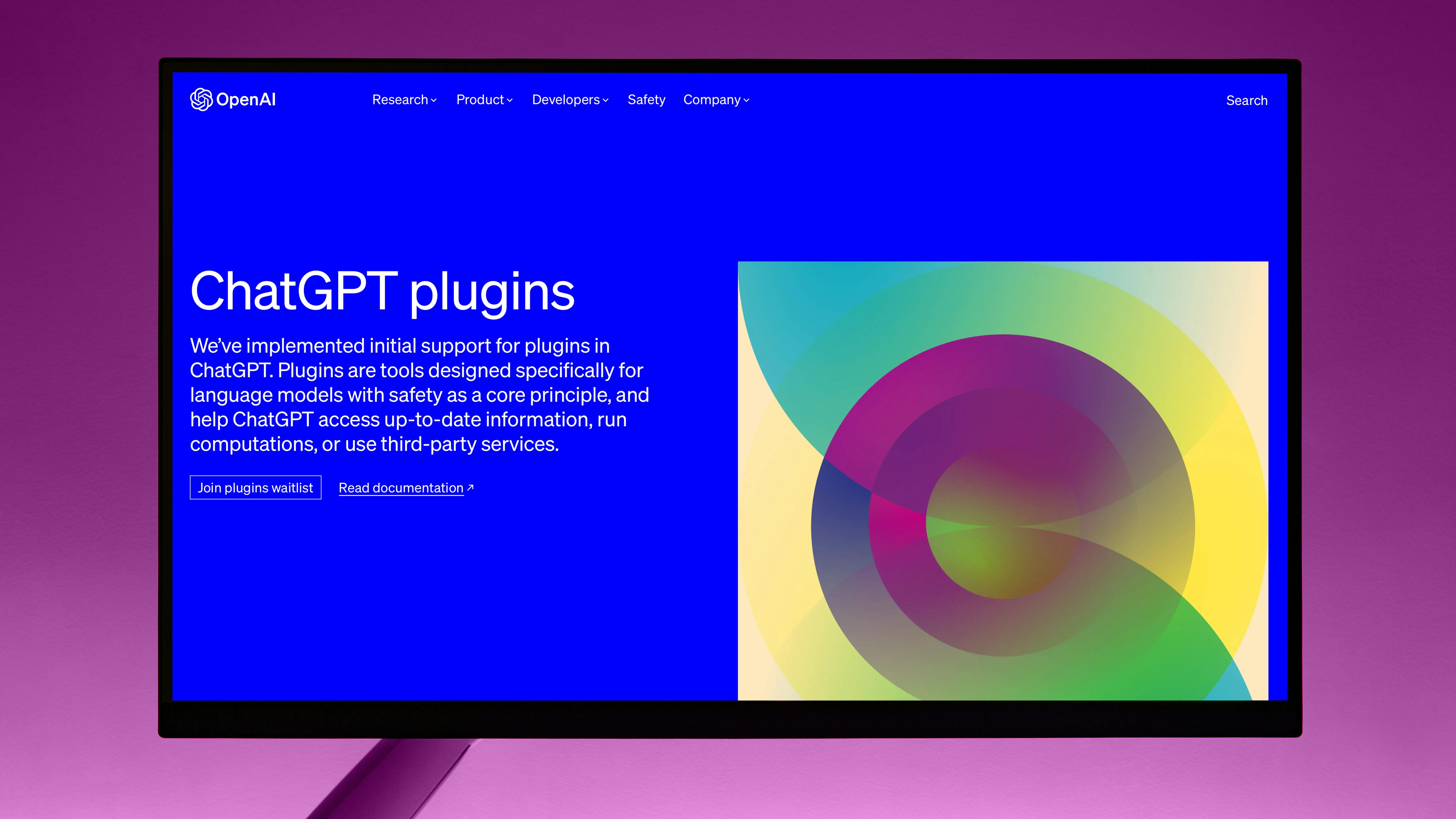
AI in Decision-Making: A Double-Edged Sword?
In the modern workplace, the adoption of artificial intelligence (AI) by organizations has surged, promising to enhance employee performance and improve decision-making. However, recent research indicates that executives relying on generative AI may find themselves making poorer predictions, raising questions about the effectiveness of these tools in high-stakes situations.
The Pitfalls of Predictive AI
While generative AI can facilitate simple tasks and improve communication, its application in decision-making reveals significant pitfalls. Executives who previously trusted their instincts may defer too readily to AI-generated forecasts, consequently diminishing their predictive accuracy. This phenomenon aligns with the cognitive bias known as 'overreliance,' where decision-makers place excessive trust in technology.
Real-World Implications
As leaders navigate a hybrid workforce and strive for inclusive leadership, the implications of this research cannot be understated. Executives must be cautious of adopting a blind faith in AI tools. Instead, balancing AI insights with human judgment is crucial for maintaining trust and making well-considered decisions that reflect core company values.
Strategies for Better Integration
To mitigate the risks associated with AI in decision-making, organizations should cultivate a culture of psychological safety that encourages discussions about AI recommendations. Incorporating team dynamics into the process can enhance the quality of decisions made, fostering an environment where diverse perspectives are valued during change management initiatives.
Understanding Organizational Resilience
Ultimately, the goal of leaders during this ongoing transformation is to build organizational resilience. By aligning AI tools with human insights, leaders create a robust framework that supports culture transformation and trust within teams, ensuring that decisions are informed by both technology and a rich understanding of human behavior.
 Add Row
Add Row  Add
Add 




Write A Comment